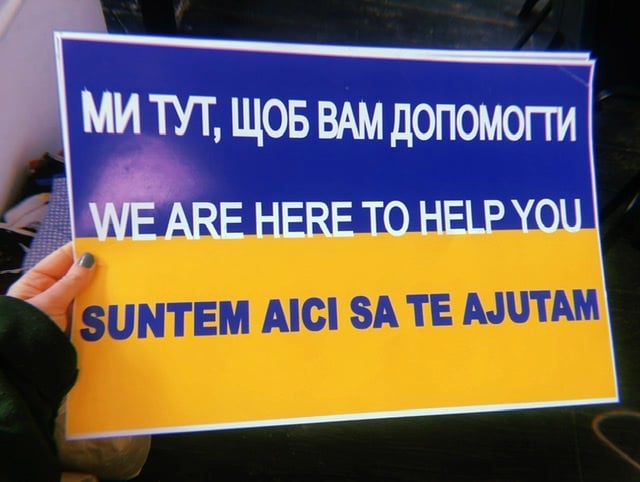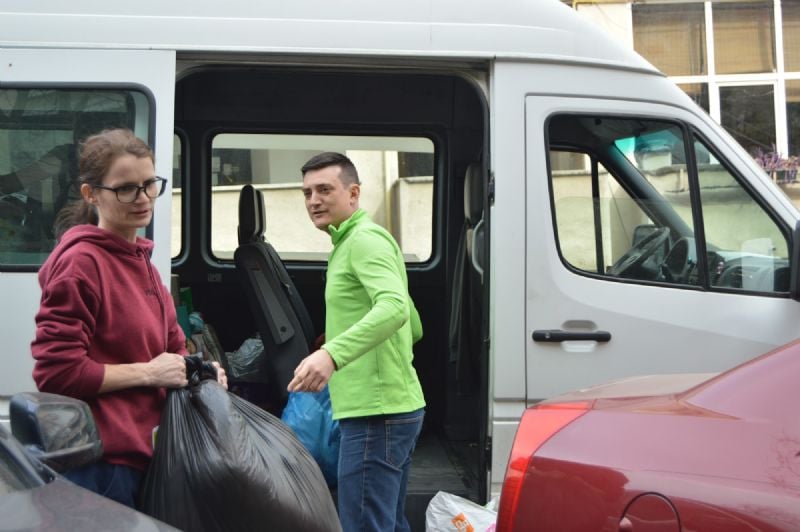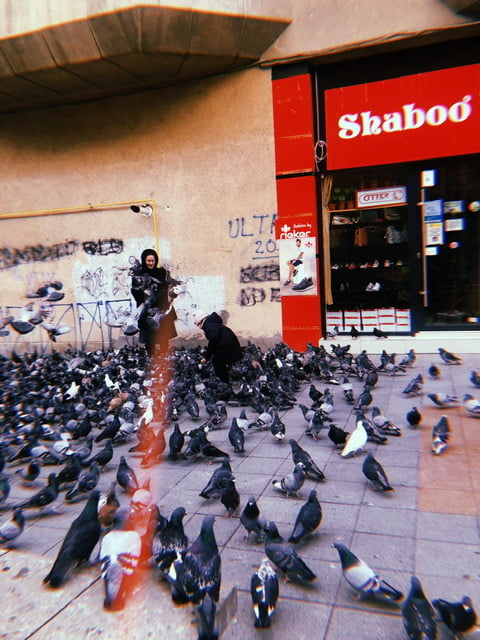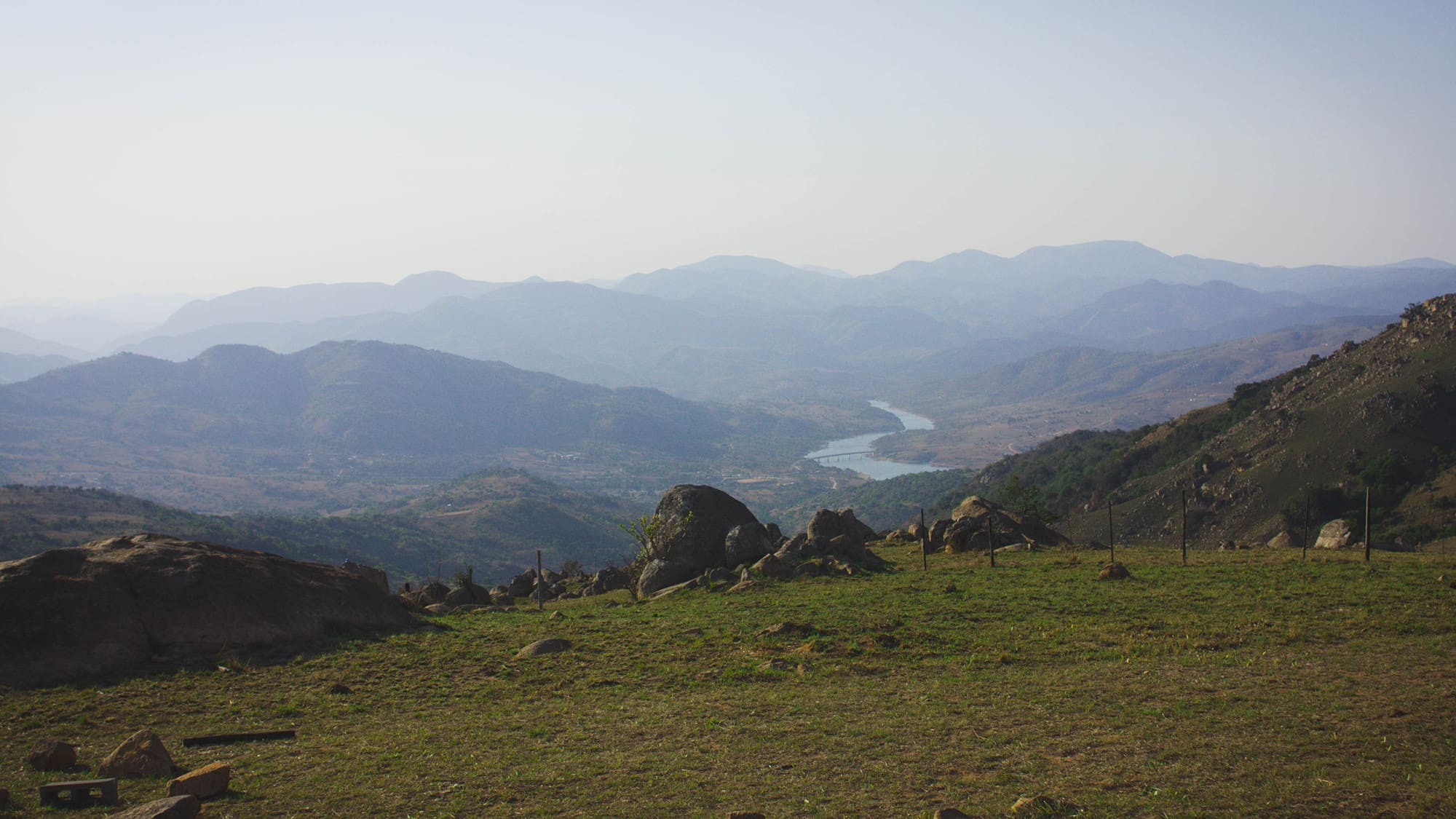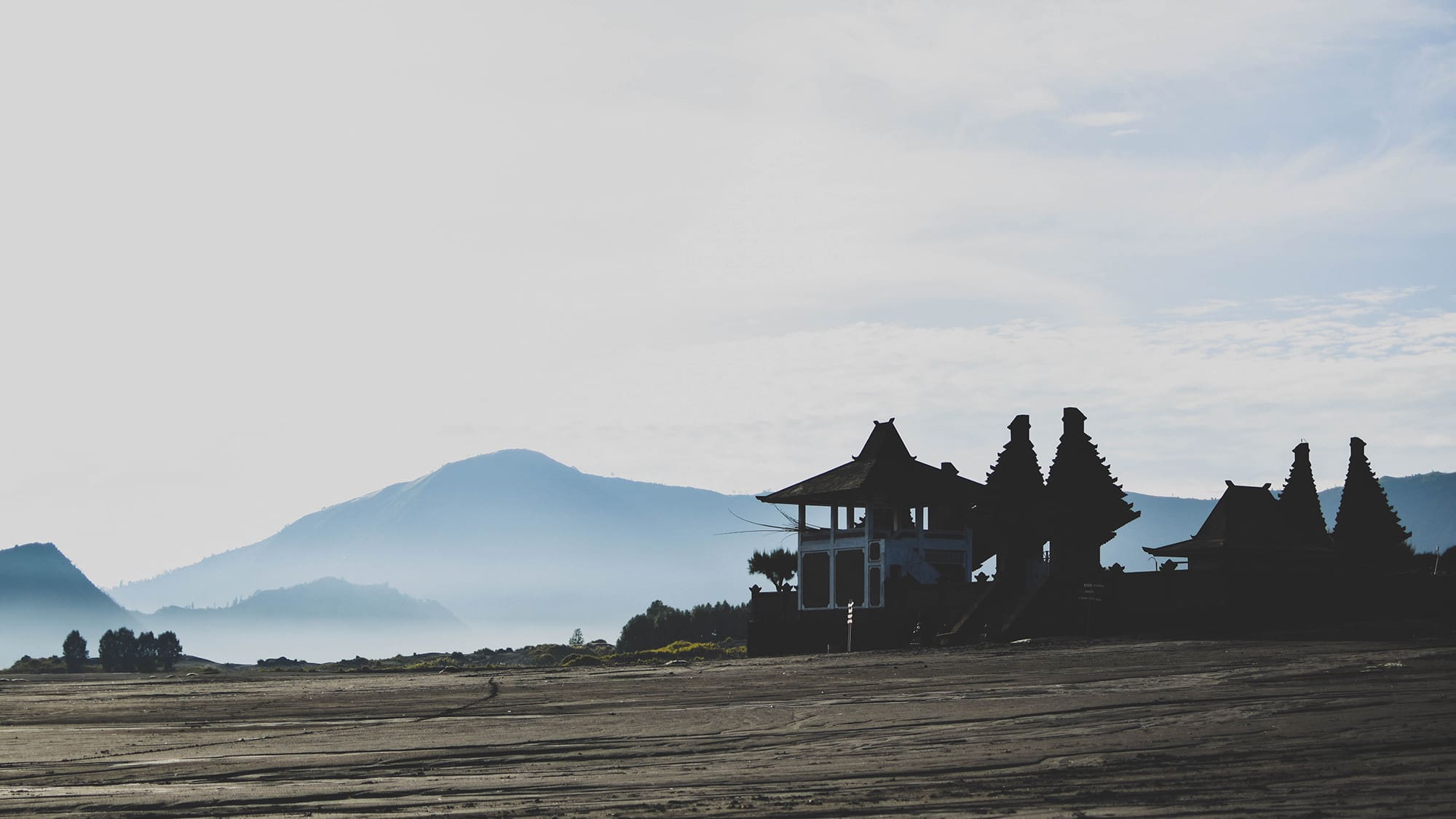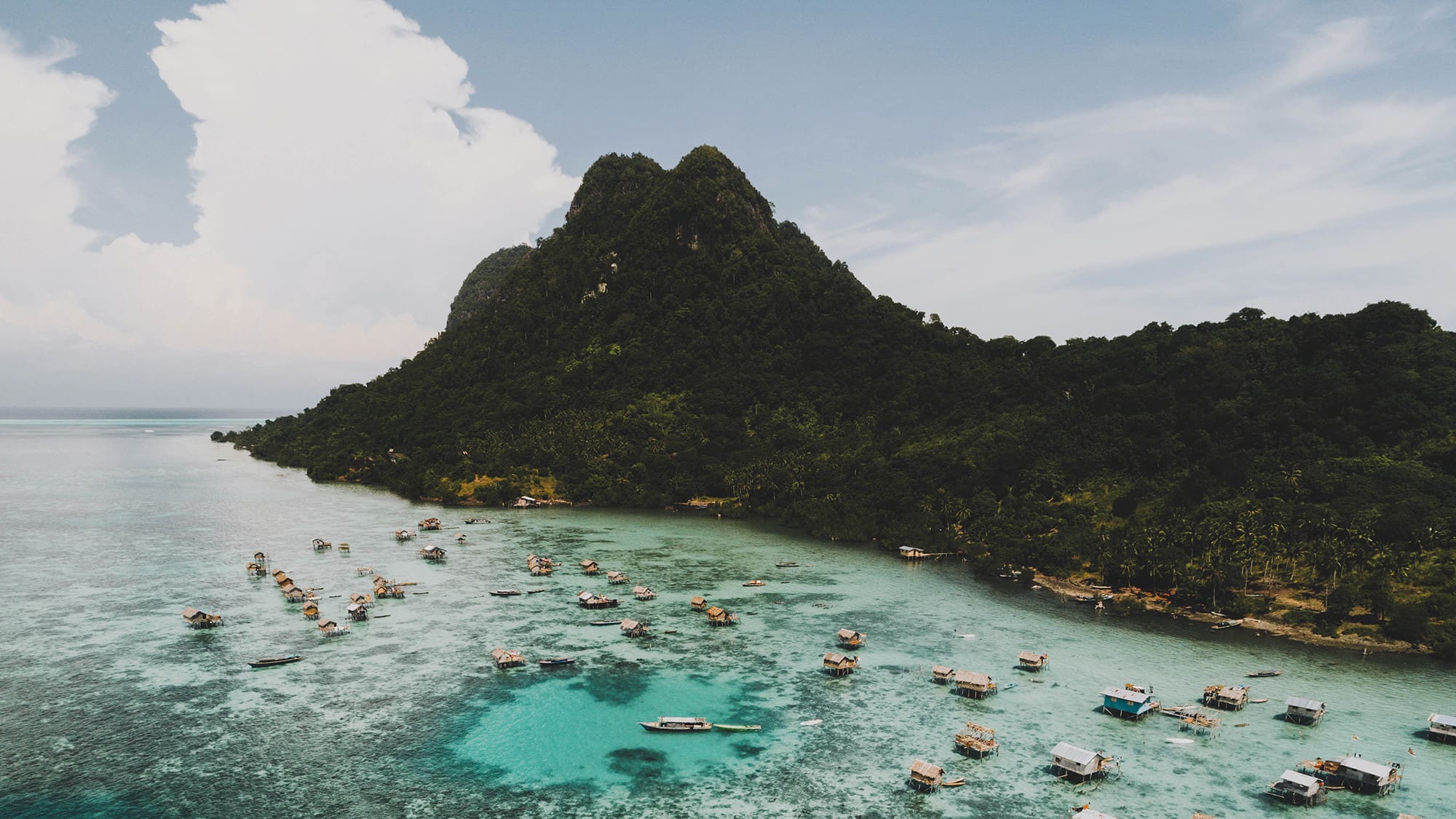Here is a story unlike the others written here so far. A story without a hero or a villain, without an intricate plot ending in happily ever after. No, this story does not have a happy ending at all. Out here, on the missions field, we often don’t get to see how things end. We just have to continue praying and holding on to the fact that it is all in God’s hands, the hands that can hold way more than mine ever could. To know that as my heart breaks for His people, His heart is hurting for them all the more.
A forgotten village
Once upon a time there was a small village that lied just outside of a big city in Romania called Craiova. Craiova was a very developed part of the country. Teenagers roamed the streets on skateboards in fashionable outfits, drinking Starbucks, and laughing at Tiktoks. Life was normal in Craiova, but right outside of the city, was this small village off of the big busy road. Cars passed by rapidly every day, rush hour traffic waited on the side, the train into the capital went directly past. This village with no electricity, no running water, no heating system, no food, seemingly fully off the grid, yet so close to what felt like “real life”. Hundreds of people passing by every day with no idea that this village even exists. It’s easier to believe that they didn’t know rather than accept the fact that they just might not have cared, isn’t it?
If you were to visit this village you may be overly stimulated quickly. The smell of garbage was strong as it was the only thing around. Trash in large piles lined the way to the huts made up of the larger pieces. If you visited this village you would have to walk through it stepping in a lot of questionable substances.
Inside this village lived an entire Roma community. Romanian people do not like them and it is fully normal within the society to treat them as dirty, bad, and less than human just because of their race. The Roma people were discarded by the society and seen as lesser. Maybe that is why no one wondered why they lived among the garbage, because they themselves had been thrown away too. If you were to visit this village you would see the effects of segregation on display like you wouldn’t believe, you would see how generations of being told that they were less than, would catch up to them. You would see people struggling to survive having never been given the chance to do anything more than that.
One day a group of missionaries went into this village to see the people. They were met by a five year old sucking on a thick cutting knife and his sister, an eight year old who was sent to the road every day to beg for money to support the family. Many children joined, all of them covered in dirt, knots in their hair, shoeless, in undersized jackets covered in holes and stains. The missionaries sang songs with the children and tried to tell a Bible story while the children crowded the teacher, begging for her jewelry and money the whole time. Begging was all they knew, it was what their parents used them for. The story was cut off half way through when one of the mothers told the translator that the children did not speak Romanian, they instead had their own dialect to be used within the village since the children would never be in school or in the big city anyways. They would never even have the option to join in amongst the people in the city.
The missionaries brought food for the families and watched as the people pushed and fought each other for the bags. They saw the people banging on the van that they had driven up in, trying to find more food. They heard yelling and babies crying as their mothers were being shoved around as they struggled to attain food. They saw toddlers ripping open bags as fast as they could to start eating the bananas inside as if they hadn’t eaten in days. The missionaries were startled, overwhelmed, scared. If you were to have visited this village you may have been as well.
But as one of the missionaries looked over at the children, she saw one that wasn’t helping his parents fight for food. He wasn’t playing with his friends or preoccupied either. He simply stood there staring down at the floor. Her heart broke for him. No one seemed to even notice that he was by himself. He was ostracized, he was left alone, he was seen as different. He had down syndrome. He didn’t have much else. Not a home, nor food, nor an adequate coat in this European winter. He had no access to special education classes, no knowledge that there were other kids like him, no one to educate his parents on how to best aid him, he had down syndrome and nothing else.
The boy had dirt on his face and on his clothes and under his nails and on his freezing little toes. The missionary’s heart broke even more when she went over to talk with him and found that he was completely nonverbal. She tried to high five him, play with him, make him smile, but he just stood there, staring at her blankly. She thought back to her time in Nicaragua working at the special needs therapy center. She remembered the stories of the children when they first showed up to the facility and how far they had come. She thought of all of the therapies and services that this boy could receive there or in the states or maybe even within the big cities here in Romania just a few miles away. He would never even know that these resources existed.
In Nicaragua he could get the resources he needed to grow. In the states he could even have a job someday. But what could he be offered here? Who was going to help him here? Out here in this forgotten village, there didn’t seem to be much hope. If you were to visit this village you would see the dreary gray filter placed over the whole scene. The colors seemed duller here, the world seemed rougher here, the hurt felt realer here. There didn’t seem to be many options here for any of these kids, but especially for him. None of them were set up to have a future, but especially him.
The missionary made sure that he got food, but other than that what could she do? The pastor said that they would not be going back to that village anymore, that after that day it was made clear that it was not a safe place to take the missionaries. Yet another set of people to turn away from the pain in this forgotten village. But the village was not forgotten. It lived on in the group of missionaries that visited that day. They continued praying daily for this community. The one, specifically for that little boy. She was plagued by the look on his face for days after. She continued praying for them. She swore to never forget them. If you were to visit this village, you would not soon forget it either. So she prayed daily for the Roma people and the segregation within Romania. She prayed for the children like this boy, never given the chance to develop to his fullest capacity. She prayed and she prayed, but other than that what more could she do?
Lord, be with this little boy. Be with his family, be with his people, be with his forgotten village. Thank You, Father, that you haven’t forgotten them.
-K

